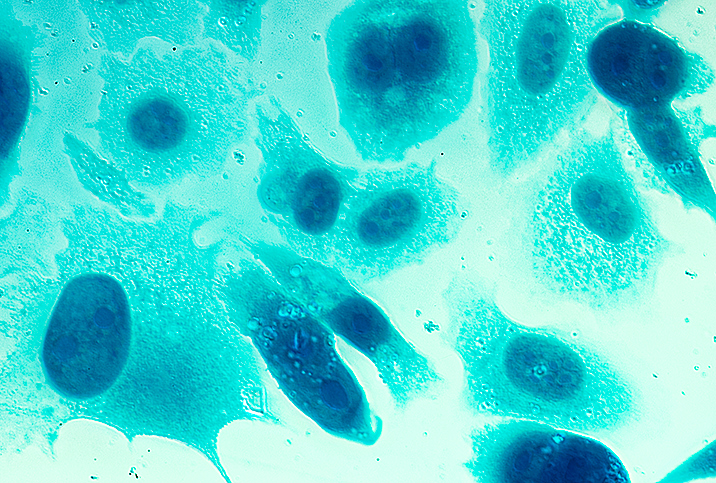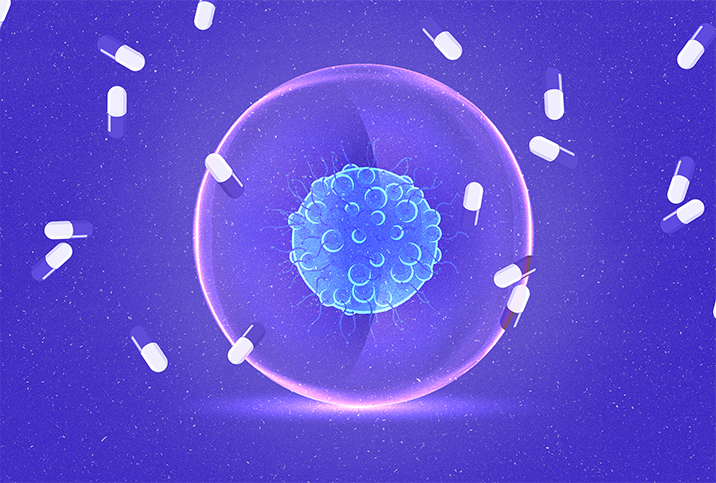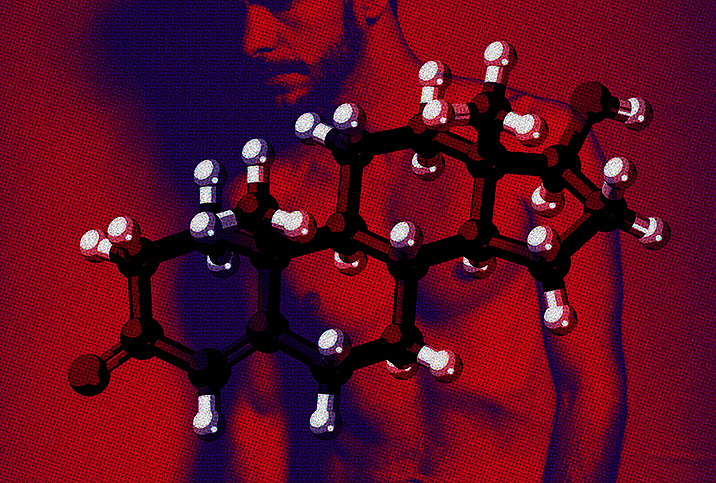New Drug Therapy to Attack Advanced Prostate Cancer Is in the Works

A recent breakthrough in prostate cancer treatment shows promise to improve survival rates and quality of life for men with this disease.
In American men, prostate cancer is the second leading cause of cancer death. Approximately 1 in 8 men will be diagnosed with prostate cancer in their lifetime, and 1 in 41 men who have the disease will die from it.
However, a new radioligand therapy called Lutetium-177-PSMA-617 (or Lu-PSMA-617) may prove to be an exciting advancement, according to trial results published in June 2021 by the New England Journal of Medicine. From June 2018 to mid-October 2019, a clinical trial called VISION studied 831 patients with metastatic, castration-resistant prostate cancer. The patients were previously treated with chemotherapy and hormone therapy.
"[The results] bring a new therapeutic modality that improves overall survival and quality of life to men with advanced prostate cancer," said Johann de Bono, M.B., one of the leading scientists involved in the clinical trial. De Bono is regius professor of cancer research and a professor in experimental cancer medicine at the Institute of Cancer Research in London, and an honorary consultant at the Royal Marsden NHS Foundation Trust.
Karim Fizazi, M.D., a medical oncologist at the Gustave Roussy cancer research institute and a professor of oncology at the University of Paris-Saclay in France, was also involved in the VISION trial. He explained that until now, men with metastatic prostate cancer who had advanced beyond next-generation hormonal agents and taxane chemotherapy experienced limited treatment options and poor outcomes.
"The VISION trial clearly establishes Lu-PSMA-617 as a valuable option for these men, with notably an improvement in overall survival," he said.
Homing in on a target
Fizazi said Lu-PSMA-617 is very different from standard treatments for advanced prostate cancer, such as hormonal agents, chemotherapy, radium-223, which is a bone-targeted radioisotope, and PARP inhibitors, a type of biological therapy.
"This is a highly targeted treatment," de Bono added.
Lu-PSMA-617 uses a 'homing device' to seek cancer by detecting the presence of PSMA. Once in contact with PSMA molecules, it delivers a radioactive payload to kill them.
The target for the new therapy, a protein molecule called prostate-specific membrane antigen (PSMA), is present at increased levels on the surface of cancer cells in some prostate cancer patients—the men who can benefit from the treatment. Lu-PSMA-617 uses a "homing device" to seek cancer by detecting the presence of PSMA. Once in contact with PSMA molecules, it delivers a radioactive payload to kill them.
In the VISION trial, Lu-PSMA-617 plus standard care significantly prolonged the survival rate and quality of life in men with prostate cancer. Results showed a median of 8.7 months of progression-free survival, compared with the 3.4 months for men receiving standard treatment. Survival rates also increased by a median of 15.3 months, compared with 11.3 months for patients who did not receive Lu-PSMA-617 therapy.
More work to be done
In June 2021, Lu-PSMA-617 received the breakthrough therapy designation from the Food and Drug Administration (FDA). The designation is given to drugs that treat a serious or life-threatening condition, and for which preliminary clinical evidence indicates they may demonstrate substantial improvement over available therapies.
Progression-free survival, quality of life and overall survival generally improved with Lu-PSMA-617 in the VISION trial, according to Fizazi.
Now, two large international comparative trials are assessing Lu-PSMA-617 in earlier settings of the disease, such as when patients are just diagnosed with metastases or when they have not received chemotherapy. That's exciting to the VISION team because further trials will inform researchers about the possibility of using Lu-PSMA-617 earlier in the treatment process, thus providing an even greater benefit to men with prostate cancer.
"By minimizing damage to healthy cells, Lu-PSMA-617 has the potential to reduce the risk of side effects," Fizazi said. "This is a smarter, kinder treatment, with the potential to improve men's survival while reducing the risk of side effects."


















